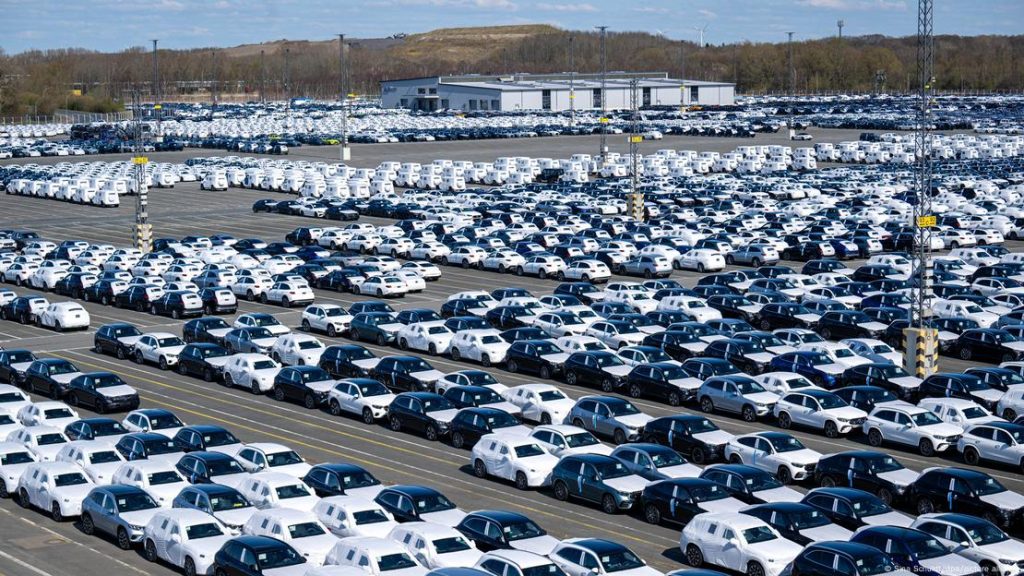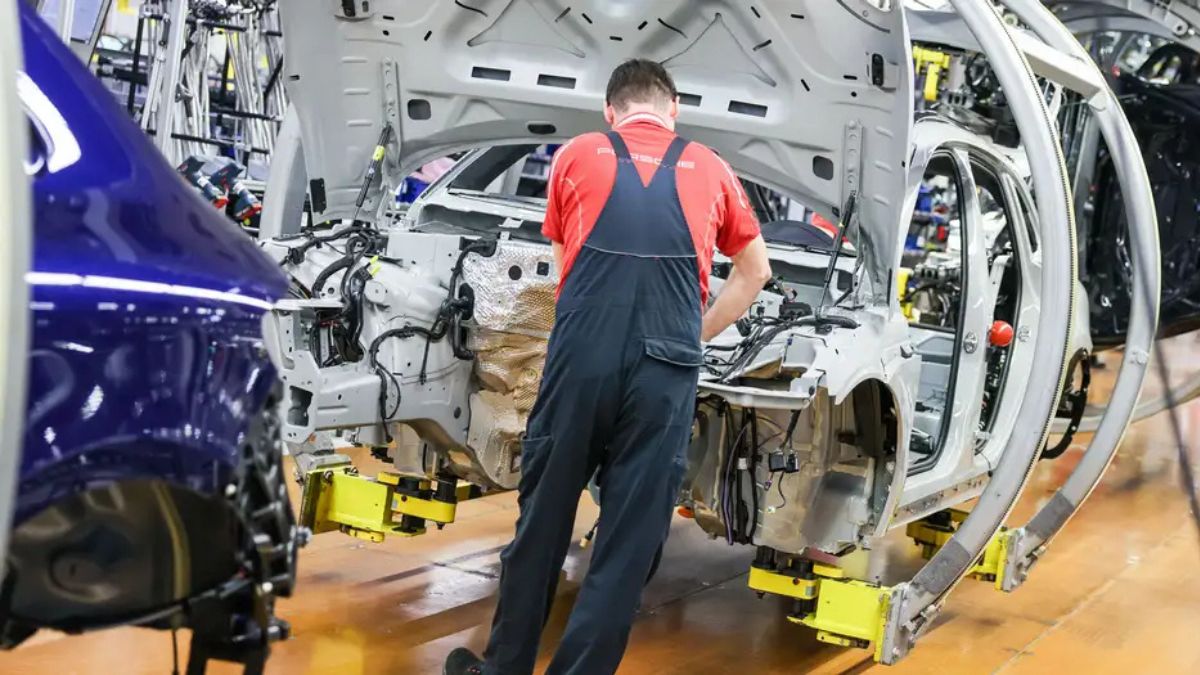The German Car industry has shed 51,500 jobs over the past year, accounting for nearly 7% of the sector’s total workforce, according to a recent study by accounting firm EY (formerly Ernst & Young), based on data from Germany’s statistics office. This decline represents almost half of the 114,000 industrial jobs lost across the country during the same period.
Declining Exports Hit German Automakers
The decline in employment is closely tied to weakening exports, particularly to the United States and China, two of Germany’s most important car markets. German industrial turnover fell 2.1% in Q2 2025, significantly higher than the 0.3% overall decline across all sectors. While the electronics industry saw growth, German carmakers recorded a 1.6% drop in revenue.

Exports to the US, Germany’s largest export market, declined by roughly 10%, with EY analyst Jan Brohriker warning that “improvement is not in sight” due to newly increased US tariffs, now set at 15% for cars. Meanwhile, exports to China, long Germany’s second-largest market, fell 14% year-on-year, as the Chinese market increasingly meets domestic demand with locally produced vehicles.
Bosnia Work Visa for Pakistanis – 2025 Guide to Jobs & Requirements
READ MORE
“The US and China are currently the cause of major concerns,” said Brohriker. “The Chinese market was particularly attractive for foreign carmakers for years, but demand is now dropping sharply and turnover is collapsing.”
Cost-Cutting Measures and Local Job Losses
Major German automakers, including Mercedes-Benz, Volkswagen, Audi, Porsche, Bosch, Continental, and ZF, have launched extensive cost-cutting and restructuring programs, many of which target domestic operations. “Massive profit reductions, excess production capacity, and weakening export markets make considerable job cuts unavoidable,” Brohriker noted.
Belgium is reportedly in talks with Audi to save some carmaking jobs, highlighting the international ramifications of these cutbacks.
Impact on Young Engineers and the Future Workforce
EY predicts that these employment trends are likely to continue due to ongoing restructuring and cost reductions. This slowdown is particularly concerning for young engineers entering the labor market.
“The car industry and machine engineering sector are hiring significantly fewer young professionals than in previous years,” Brohriker explained. “The labor market for young engineers is becoming uncomfortable, and many may need to reorient their careers. Rising unemployment among university graduates in Germany is a real possibility.”









